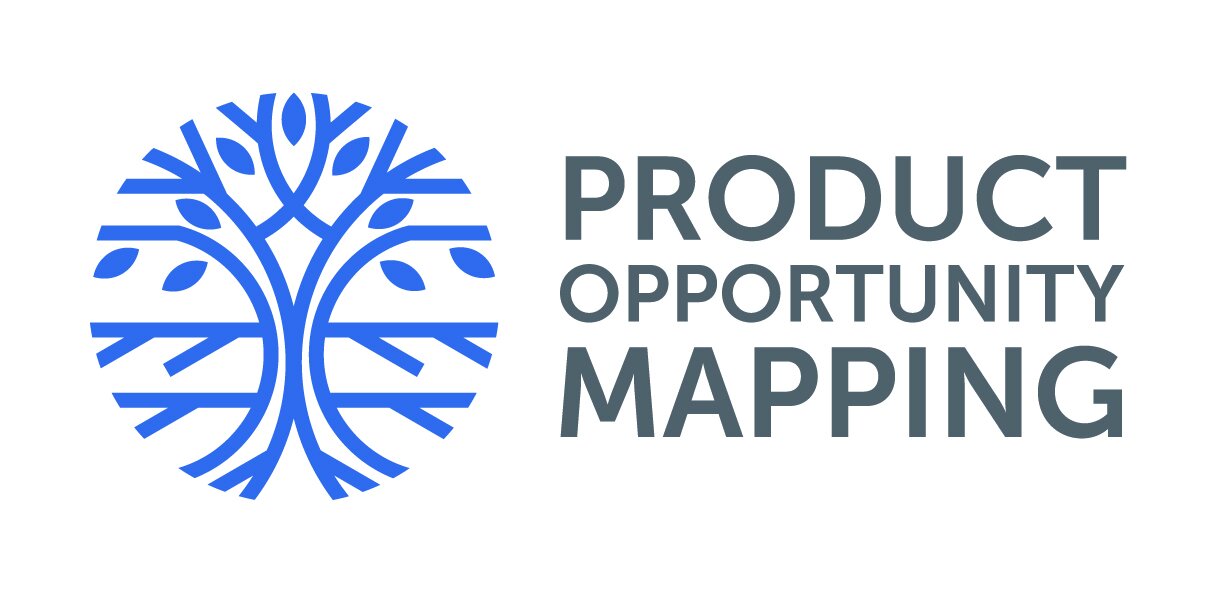Product Evaluation Sessions
To book a session or a free initial consultation, please contact me at:
Bruce Alton | 780-884-4820 | bruce@a-partners.ca
Overview
Developing products is difficult and taking a step back to look at first principles is an effective method of evaluating progress.
Companies struggle with how to best identify and evaluate new product opportunities and when the going gets tough, senior executives start asking if these development efforts align with their overall corporate strategy. They want to diversify their revenue streams and build new product lines but aren’t sure if this is the best use of their limited time and resources.
These are important questions to ask as the failure rates of new product development efforts are very high.
Session Description
Focusing on first principles is at the foundation of the Product Opportunity Mapping framework and the process includes three steps:
The first is to prepare a Product Opportunity Summary which addresses the foundational components of a new product being considered. Creating this summary does not guarantee success but not doing it greatly increases the chances of failure.
The second step is to complete a Product Readiness Review which is a realistic and objective evaluation of the question: how far is the product from launch? This also generates an outline for what needs to be done next as well as decision template to decide if the project should keep going; stop (completely); pivot in a new direction; or being parked and reconsidered at some point in the future.
The third step is to complete a Next Step Game Plan which ensures there is an internal understanding and consensus of what needs to be done next and by whom. This is best done by floating a hypothesis; agreeing on how it can be validated (or invalidated) and who is responsible for what and by when.
Deliverables
Product Opportunity Mapping Evaluation Sessions have the deliverables of:
Preparing (and generating a consensus for) a Product Opportunity Summary;
Completing a Product Readiness Assessment; and
Outlining a Next Step Game Plan.
Cost
These facilitated sessions are offered at a fixed fee and ideally suited for groups of four to eight who represent different company departments or multiple product development stakeholders.
Format
Sessions typically include 1 or 2 hours of initial consultation plus a 3 hour facilitated sessions (to note, after an initial consultation and depending upon product status, it sometimes makes more sense to hold two or more half-day sessions held two to four weeks apart).
Facilitator
Bruce Alton is the primary course instructor who leverages 30 years of operating and product development experience and makes use of global best practices and real-life examples of product development efforts.
Participants
Sessions are designed for senior executives and their product teams.


